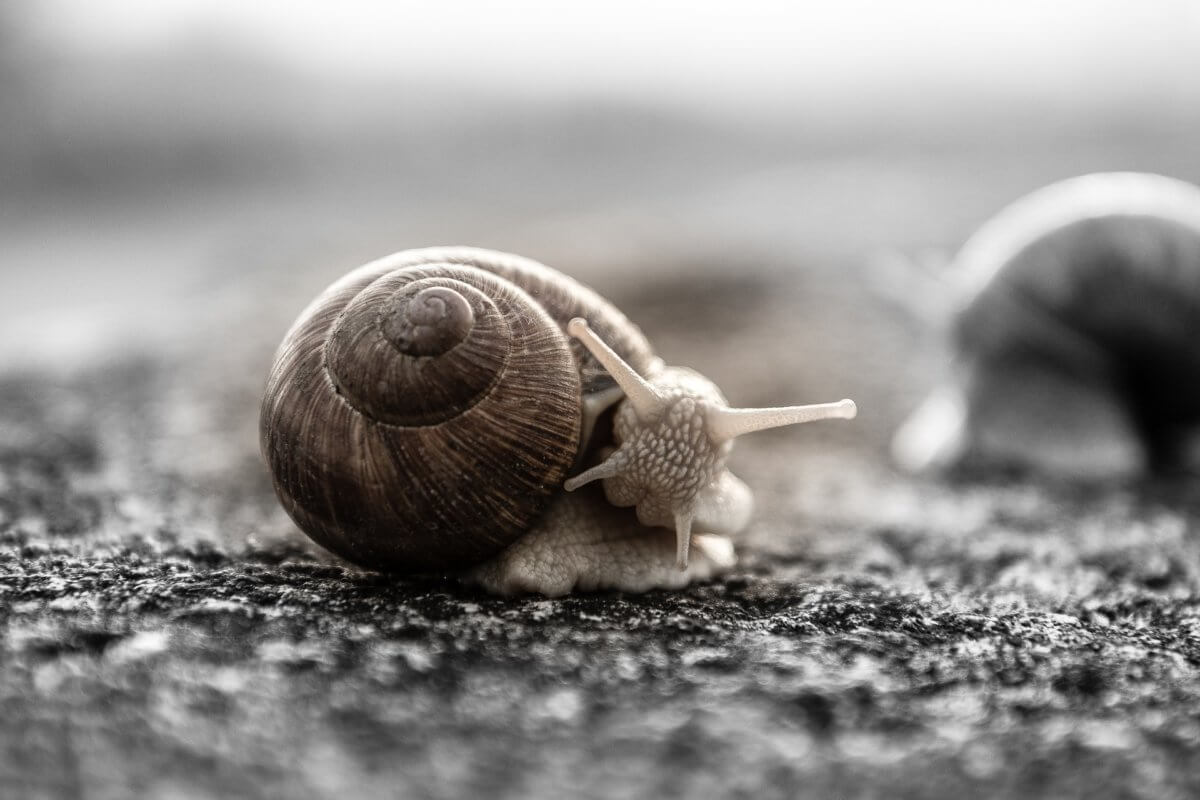It is now 85 years since the infamous decision in Donoghue v Stevenson that fundamentally altered the state of torts law in common law nations. It seems that contrary to the rise of the duty of care provision that emerged from this formative decision, there is a complete disregard to any ‘care’ for the wellbeing of snails and their predilection for the sweet, refreshing taste of ginger beer.
This landmark case precipitated the beginning of the end for the snail community and their affinity for ginger beer. While the quest to taste this ambrosia-like drink was not without danger for the bravest of the snail brethren, the sweet reward was worth the risk for the near thousands of snails that penetrated the barriers of the Glen Lane Manufacturing Plant annually. The opaque, uncapped bottles provided a near perfect cover for any creature tempted by that mouth-watering brew, but ‘near perfect’ was not enough.
It was, however, the inability of the snail community to fully comprehend time, sound or movement, that saw their undoing. When bottle capping commenced on the morning of 1 August 1928, one unfortunate soul would meet his end; his undoing? The very elixir that inspired his journey to the Manufacturing Plant would inevitably lead him to his demise. While stories such as this were not uncommon among the snail community; there was no way that anyone could have anticipated that his final resting place would be the mouth of May Donoghue.
Despite numerous calls from within the snail community and the manufacturer himself, David Stevenson, for May Donoghue to ‘get over it’, life has never been the same for manufacturers and snails alike. Numerous publications report that, despite Stevenson’s eventual decision to close the doors of Glen Lane, the subsequent plight of the snail community was overlooked in the wake of the developing neighbour principle. While Lord Atkin distilled that people must take reasonable care not to injure those who could be affected by their actions or omissions, his decision apparently did not give thought to the ‘reasonable care’ for the wellbeing of snails.
So, what has become of the snail community since this landmark decision? Unfortunately, they have been experiencing a steady decline following this ruling. Banished to the peripheries of society, small communities of snails have retreated to the lettuce caves of Subway sandwiches, while many others now live the streets. There is, however, a movement brewing (very slowly) within a fringe snail sector, with one member commenting that they simply can’t keep their feelings ‘bottled up any longer.’ As the anti-neighbour movement comes to a head in these fringe groups, one must ask if there are any legal remedies available for the snail community. Although the common law system has not historically been in their favour, perhaps Australia can be the first nation to draft legislation to remedy this injustice.
We acknowledge the Ngunnawal and Ngambri people, who are the Traditional Custodians of the land on which Woroni, Woroni Radio and Woroni TV are created, edited, published, printed and distributed. We pay our respects to Elders past and present. We acknowledge that the name Woroni was taken from the Wadi Wadi Nation without permission, and we are striving to do better for future reconciliation.
